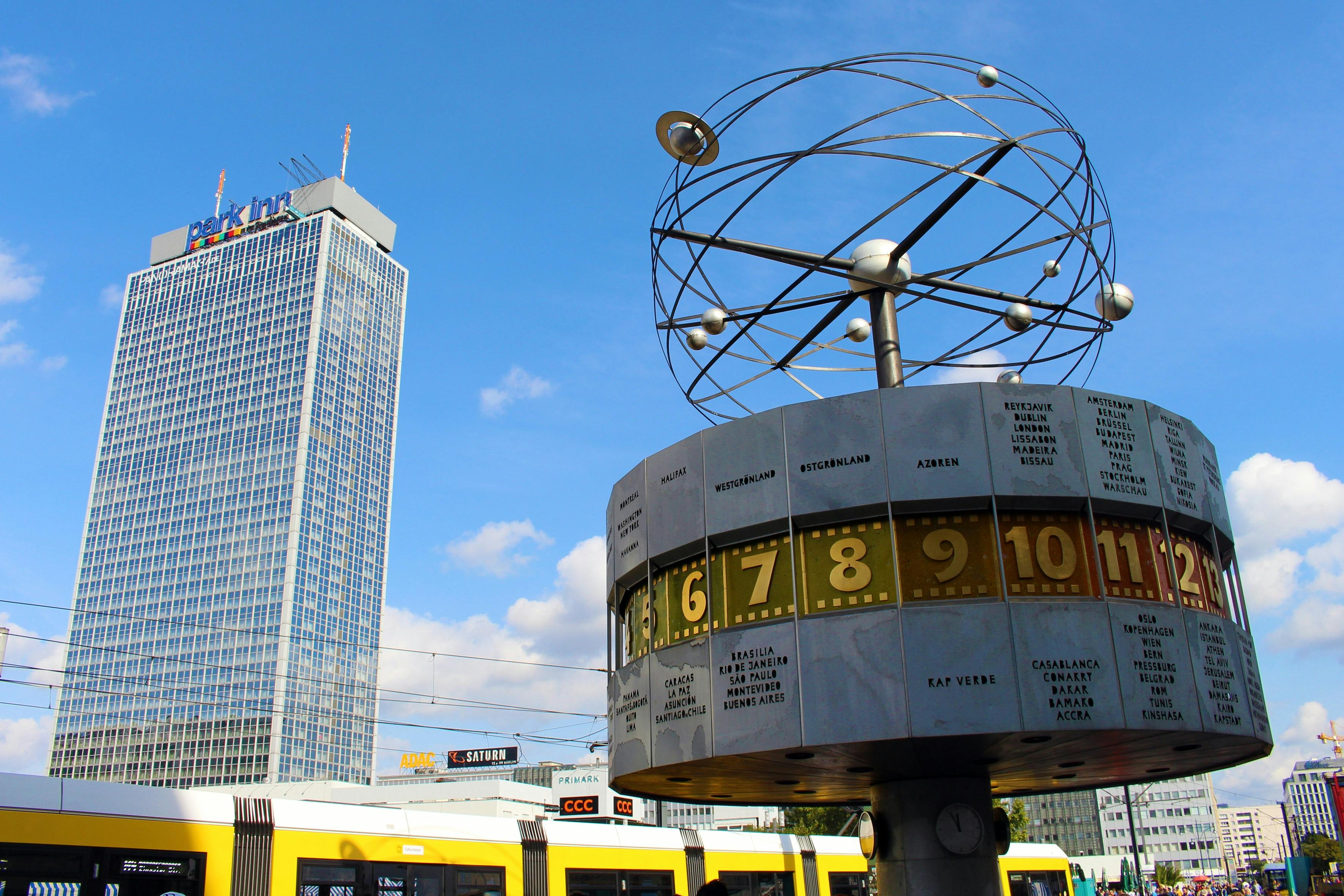The benefit of support groups
The crisis of life requires healing the emotional damage before moving on with life. Any major loss or change are opportunities for growth, but their acceptance is long and painful.
Few people know what it feels like and no one knows exactly how you feel. But someone who has had a similar experience is the closest to know and understand what you are facing.
This is a time in your life when family and friends are of no use, unless the same thing happened to them at the same time.
Here are some examples. When a child dies, a terrible tragedy in life, only other people who have lost a child can come close to understanding their grief over their loss. Now, to refine it further, consider how the child died. If it was cancer or an illness that involved a long illness, the parents had the opportunity to process and begin the grieving process before death.
But if it was a traumatic and unexpected death like a murder or a car accident, it is more shocking to the survivors and takes longer.
In a support group, the closer the individual situation is, the more likely it is that sincere empathy for suffering a similar loss can facilitate healing.
Too often, well-meaning friends or family members try to understand and be supportive, but just don’t connect close enough to truly understand the situation.
In fact, many times supportive people say something really offensive when realizing the damage they have done. Like, “He’s in a better place” or “it’s time to get on with your life.”
So, I’ve been turning to complaint support groups. There are various organized groups available in many places in the United States. Some are Compassionate Friends for parents who have lost a child before or after birth, Parents of Murdered Children, MADD, for survivors of people killed by a drunk driver. and suicide survivors. They all provide a wonderful service to those who attend.
If you have a loss, find a local support group and attend meetings whenever it is in your best interest to go. Also, in time, you will be able to help others who are experiencing deep grief from a similar loss.
Support groups are beneficial for other situations as well. I started a support group in Mexico City for professional therapists working with clients in distress. They agreed to meet twice a month and exchange phone numbers.
Neighborhood watches are another type of group. In fact, any group with common interests can form a group to offer support and, in some cases, enjoy each other’s company.
This is not a new idea. Old-fashioned quilting bees did the same.
Finally, if you can’t find a group that meets your needs, start one. It’s easy, you just need a location, a date to start, and a tentative schedule for how often your group will meet. Then place an ad in a local newspaper, radio station. Online or any other way to communicate with the local population.
When I was a therapist working for a mental health agency, I started two groups. One for People with Multiple Sclerosis and another for relatives of a person diagnosed with Alzheimer’s Disease. Both were well attended and beneficial to attendees.
Remember the old saying: “United we stand…divided we fall.” United we survive and alone we suffer more.
